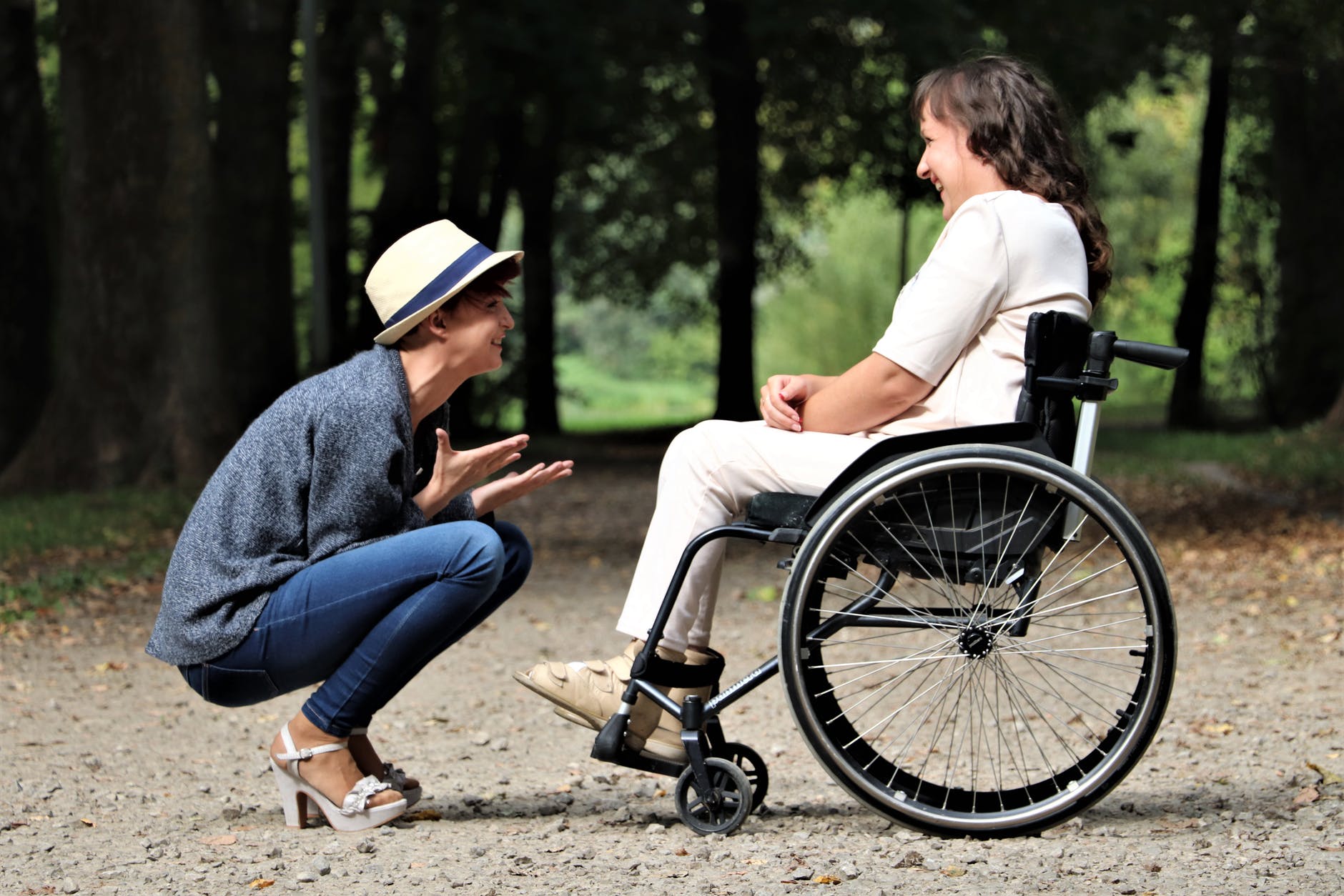Globally, more than 1 million people are affected by disability. Due to both demographic trends
and an increase in chronic health conditions, the number is growing rapidly. Almost everyone will
experience some form of disability at one point or another in their lives. Despite the importance
of disability care, people with disabilities frequently experience discrimination and stigma when
seeking health care. They are also more likely to be affected by the COVID-19 epidemic. They
also often receive insufficient care and lack access to health-care services.
Thin markets can present numerous challenges. They might be hard to reach and may not have
access to transport options. They may also be located on floors without elevators and in
buildings with fixed-height furniture that is difficult to use. Poorly designed health-care facilities
can make them difficult to navigate. Market failure is also possible in a small market. Markets
with low or no business prospects might not be attractive to new disability services Melbourne. Existing providers
may be faced with obstacles regarding Bayswater NDIS payment and the acquisition of the
necessary expertise. It is difficult to predict how much business you can expect, as business
costs are higher than funds raised by individuals.

The NDIS is a radical change compared to previous disability care services. According to the
Productivity Commission’s findings, previous disability services were characterized by a “take-it
or leave it” approach that disempowered persons with disabilities. The NDIS National Disability
Insurance Agency (which is responsible for implementing it) stated that the NDIS is all about
equity. The existing system of care for disabled people was inconsistent, under-funded, and
fragmented.
People with disabilities can have difficulty managing their own lives. This can be a huge
challenge for young adults. Many of them lack the skills or knowledge necessary to manage
their life. It is crucial that they receive the appropriate support. Many government programs as
well as community organizations offer disability services. Direct payments are available if the
person with disabilities doesn’t have enough money to pay for the services. The person with
disabilities can also choose to provide care.
There are many non-medical in home care agencies throughout the United States. It is important
to find a reputable agency. These agencies employ caregivers with many different skills and
backgrounds. This way, they can cater to many different types of disabilities, from physical to
mental. If the person with a disability is more mobile or requires assistance while eating, they
can also choose to have an agency come to their home.
A certificate in direct disability support services is available to those with disabilities. This
certification prepares them for employment in the field. The certificate program also includes two
professional internships that provide students with more work experience than 100 hours.
Internships can also help students build their professional network. The certificate is an excellent
investment for students. The certificate program can also be very useful in the event that a
student is disabled, regardless of whether it is temporary or permanent.
Depending on the disability, some people living with disabilities prefer to live alone in the same
house as their parents. In-home caregivers can provide personal care. This allows parents to
have more flexibility and time with their adult child. Dependent on the situation, disability
services may be needed for a specific time or around-the-clock. A caregiver can visit the patient
on a specific day or for the entire day.
Disabilities often cause people to become unable to do everyday tasks. To address this, it is
possible to hire disability care services to provide 24-hour supervision. A qualified carer can be
hired to assist with daily tasks. It can also help to ease the burden on the primary caregiver.
The Australian government scheme, the National Disability Insurance Scheme (NDIS), aims to
improve the lives of people with disability in Australia. NDIS providers offer disability care
services, which can help people living with disabilities live more independently in the privacy of
their own homes. You can choose between NDIS providers and non-NDIS service providers
depending on your needs. The NDIS supports allow people to live more comfortably. This
includes the ability to work and attend school. These services are essential to the NDIS, and
should be utilized.

